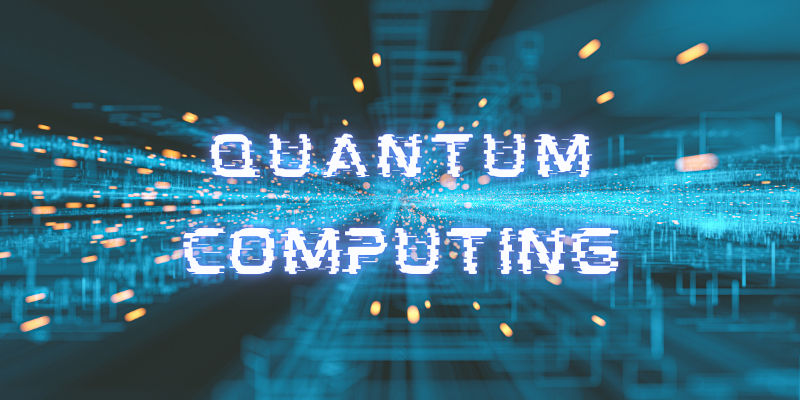- Home
- Blog
- Technology Trends
- Tech Giants Take the Lead: Quantum Computing Enters Commercial Applications
Tech Giants Take the Lead: Quantum Computing Enters Commercial Applications

Advances in technology have made "Quantum Computers" a frequently discussed topic in the news and tech forums. Once a purely theoretical concept, quantum computing is now moving toward real-world applications, even as traditional computers continue to dominate our daily lives. Many are curious: What sets quantum computers apart from classical computers? And what transformative changes might they bring?
What Is a Quantum Computer?
A quantum computer is a computing device fundamentally different from a classical computer, based on the principles of quantum mechanics—the laws governing the microscopic world.
Imagine trying to find the exit in a massive maze. A classical computer would test one path at a time, backtracking when a dead-end is reached—making the process slow. In contrast, a quantum computer can explore all possible paths simultaneously, almost "instantly" revealing the maze's structure and pinpointing the exit. This ability means that for extremely complex problems—such as cracking codes, simulating molecular structures, or training AI—a quantum computer could be millions of times faster than its classical counterpart.
In simple terms, if a classical computer is like a student who solves problems step by step, a quantum computer is like a prodigy who can read an entire book in one go. Although still in development and not suited for every type of calculation, quantum computers hold the potential to revolutionize fields such as science, finance, and medicine.
The Core Technologies of Quantum Computers
Qubits (Quantum Bits)
- Unlike classical bits that can only be 0 or 1, qubits can exist in both states simultaneously—a phenomenon known as superposition.
Superposition
- While a classical computer processes one possibility at a time, quantum computers can evaluate multiple possibilities simultaneously, vastly increasing computational speed.
Entanglement
- This unique quantum phenomenon means that when qubits become entangled, they affect each other regardless of the distance separating them, leading to more rapid and efficient computation.
Quantum Interference
- By controlling the wave-like behavior of qubits, quantum interference enhances computational accuracy by filtering out incorrect outcomes.
How Do Classical Computers Operate?
Our everyday devices—laptops, desktop computers, and even smartphones—are built on classical computing principles. These systems operate on the binary system, using bits that can only be 0 or 1. Classical computers use logic gates to process these bits, with central processing units (CPUs) or graphics processing units (GPUs) performing the necessary calculations.
Although modern classical computers are incredibly powerful, they face limitations when handling highly complex tasks like weather forecasting, drug simulation, AI training, or big data analytics. This is where the extraordinary potential of quantum computers comes into play.
Key Differences: Quantum vs. Classical Computers
_en.png)
The Future of Quantum Computers
Tech giants such as Google, IBM, Intel, Nvidia, and many others are actively developing quantum computing technology. In January this year, D-Wave CEO Alan Baratz told CNBC that their quantum computers are already being used in commercial applications—no longer a distant dream.
Once quantum technology matures, it is expected to revolutionize fields like artificial intelligence (AI), drug discovery, climate modeling, and financial risk management. With these advancements, quantum computing may transform our approach to solving some of the world's most complex problems.
Article Classification
Recent Articles
- Introduction to AI Chatbots: NLP, Deep Learning, and Application Scenarios
- Security Threats in the Generative AI Era: Prompt Injection, Data Leakage, and Protection Strategies
- The Future of Live Streaming: AI, Real-Time Translation, and Metaverse Concerts
- What is a CDN? Industry Applications and Acceleration Benefits
- 5 Practical AI Tools to Boost Work Efficiency: Essential Digital Assistants for Smarter Work

.png)
.png)
.png)